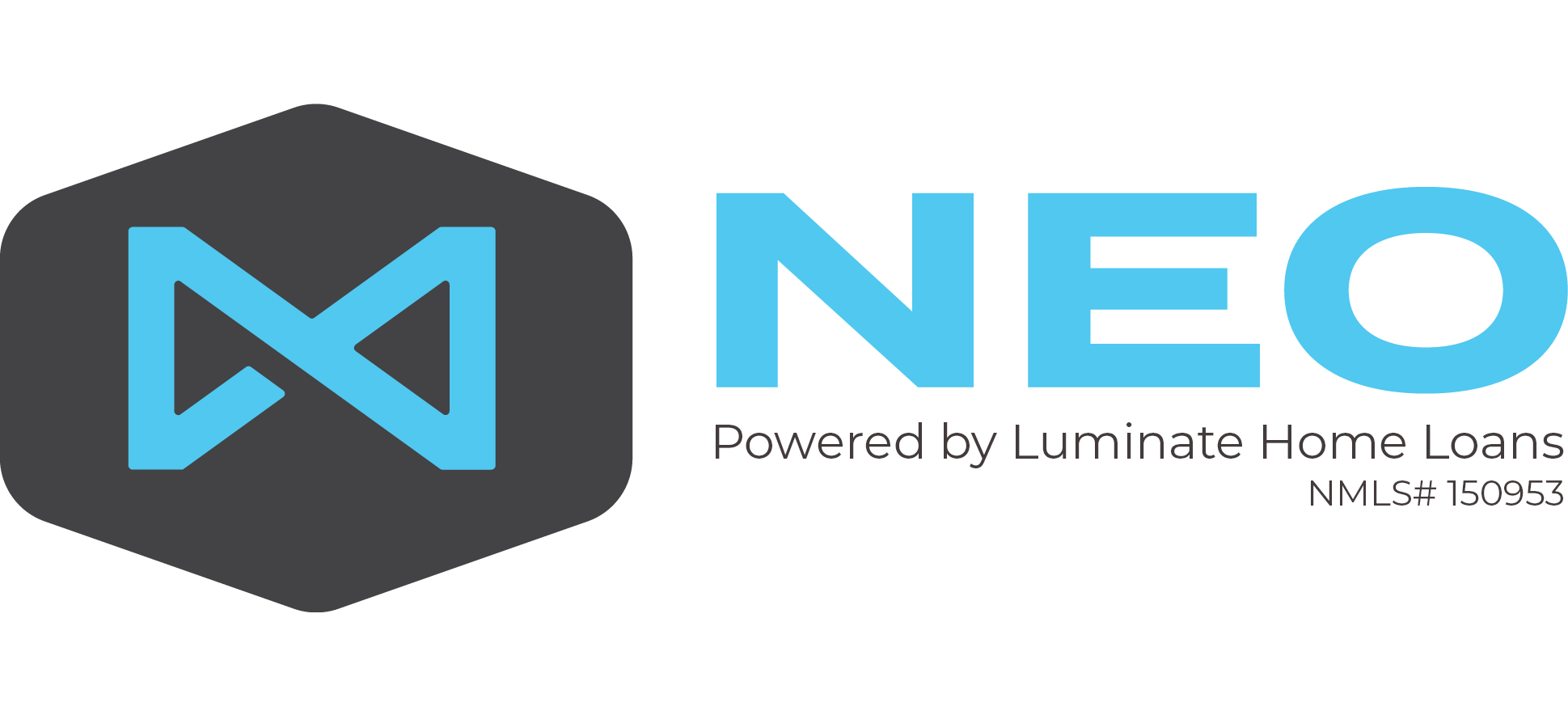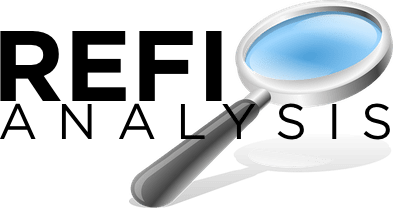
No one likes having debt and since your mortgage is likely your biggest debt you’ve probably considered prepaying your mortgage at some point. But before you do you need to read this…
By the way, we are not financial advisors and encourage you to discus your overall financial plan with a professional. The information below our opinion and may be a consideration as part of your financial strategy.
What’s the Point?
Why prepay your mortgage? Is it to reduce the amount of debt you have? To eliminate some of the interest you’ll pay? Or have you just heard it is a good thing to do?
When considering whether to prepay your home loan you must determine your goal. For most the goal is to improve their financial position.
Before you jump to paying off your mortgage as the #1 way to better your financial picture you might want to consider some of these alternatives first:
Cash Stash
Do you have some cash set aside in case of an emergency where you need money and you need it fast? If not, that might be a good place to put any excess money prior to paying off your mortgage. A good amount to set aside would be about three months of expenses in a savings account.
High Interest Debt
Any debt that has an interest rate of 10% or higher would be considered “high interest debt” which normally includes credit cards and, sometimes, auto loans. Debt like this will cost a lot more in interest than most mortgages would likely give you a bigger bang for your buck than prepaying your mortgage.
Leveraged Savings
Does your employer offer a matching program at work when contributing to a retirement account? If so, that’s called leverage. Let’s say your employer matches 50% of every dollar you contribute. If you put in $1 they contribute you $0.50. What is your return on your $1 investment into your account immediately after you contribute and they match? 50% . Where else can you get a guaranteed rate of return of 50%. Nowhere!!
Another opportunity with retirement contributions include the potential tax benefits associated with those contributions. Whether you contribute post-tax or pre-tax there could be a leverage opportunity there too!
Low Interest Rate Debt
This is where things may get a bit fuzzy on what to do first. Depending on how low of a rate you have on your other debts prepaying your mortgage may be best. It also depends on how long you have had your mortgage debt due to the way interest amortizes. The longer you have had your mortgage the less benefit you’ll have in prepaying, especially when comparing it to other debts with similar interest rates.
One major factor to consider is the goal. Do you want to free up cashflow or just reduce interest you’ll pay over time? Here’s an example:
Let’s say you have a student loan with a $10,000 balance. You are comparing whether to prepay on that or a 3o year fixed mortgage you’ve had for 3 years with a $300,000 balance. You would like to apply an extra $500/mo to one or the other debts.
Well, if the goal is to free up cashflow prepaying your student loan may be best as the debt would be paid off more quickly than the mortgage freeing up your minimum payment required on that student loan. On the other hand, prepaying your mortgage could have a bigger impact on the interest paid in comparison to the student loan since the majority of your mortgage payment is probably going towards interest. The sooner you reduce the principal the less interest you’ll pay.
Refinance?
Refinancing is not necessarily a debt-reduction strategy it can be a helpful tool when considering your long-term financial strategy. Whether you refinance to eliminate mortgage insurance, reduce your interest rate or get some cash out to consolidate other debts, refinancing can be a great way to launch your debt-reduction plan by freeing up some extra monthly cash flow that you can allocate elsewhere.
What Will You Do?
What’s the best plan for you? It depends. It depends on your goals. And your current financial picture. Along with your long-term financial strategy. Hopefully the potential alternatives above will you give you some food for thought as you make the best decision for your situation.






